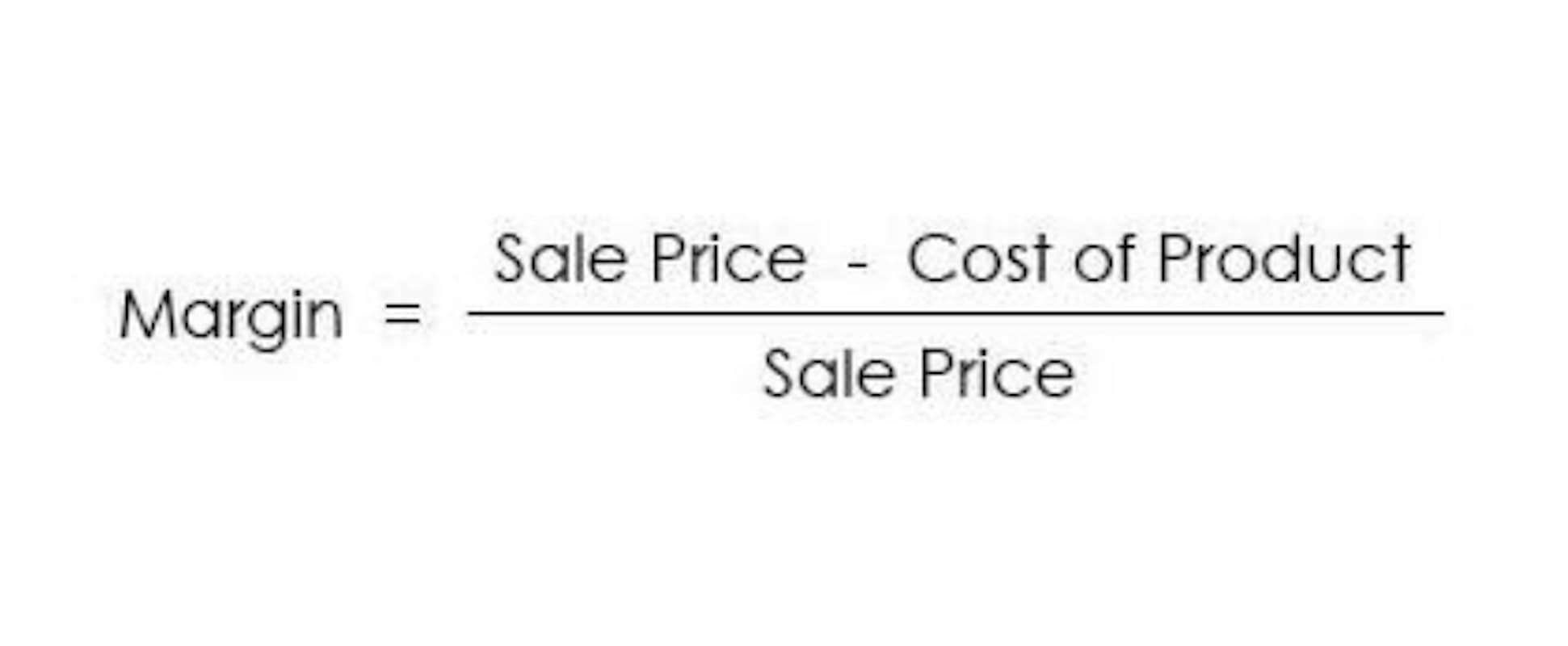
The beauty of a scalable AP system lies in its ability to adjust without the need for major overhauls or costly upgrades. Discover DataServ’s range of solutions for transforming accounts payable operations, from basic automation to advanced analytics, tailored to drive efficiency and cost savings. Timely and accurate payments, improved communication and collaboration with vendors is of the essence for any business.
- Your company’s accountants and bookkeepers are still needed to perform higher-level tasks requiring judgment instead of routine, repetitive tasks that AP automation handles.
- In this post, we will explore the extensive list of 16 key benefits of AP automation, so read on to learn more about all the treats that it can bring to your business.
- 💻 Property Management Company Transforms AP Processes Mansermar automates AP and cuts invoice and payment processing time by 25%.
- It generates detailed reports and insights on accruals, liabilities, payment trends, and patterns of cash flow, which provide valuable information for making proactive decisions.
- Ardent estimates that the average cost of fully processing an invoice is $12.88, which is a rough average for those businesses with little-to-no automation to bring to bear.
Timely and accurate payments

The solutions bookkeeping reduce the need for manual audits and ensuring the organization stays on the right side of the law. Entering invoice data manually into an ERP of financial accounting system is incredibly time-consuming. It takes time for AP users to handle, sort, and route paper invoices for review and approval.
- As a result, your accounts payable data can be audited with ease through one interface rather than relying on paper documents.
- By digitizing the entire process, organizations can eliminate the need for manual sorting, filing, and data entry.
- With centralized monitoring, automated approval workflows, and 360° visibility through customized reports, HighRadius is the ideal partner for achieving your AP automation goals and driving financial success.
- This data empowers businesses to make informed decisions and plan strategically without the need for manual data compilation.
- In the increasingly complex and competitive world of commercial payments, the benefits of automating the accounts receivable (AR) and accounts payables (AP) functions continue to grow.
Free Up Time for Strategic Initiatives
- AP automation works by converting paper invoices to standardized, digital copies using optical character recognition (OCR) technology.
- By streamlining invoice processing and payment, companies can better track and forecast incoming and outgoing cash.
- The AP automation system has better automatic detection of fraud and errors than humans can do on their own.
- Through automation your business maintains vendor profiles, tracks vendor performance, and streamlines communication with suppliers, improving vendor relationship management using a B2B Vendor Portal.
An automated AP process helps transform AP departments from cost centers into profit centers, so AP professionals can focus on supporting strategic business goals. AP automation works by converting paper invoices to standardized, digital copies using optical character recognition (OCR) technology. The electronic invoices are then pushed through a workflow of reviews, edits and approvals until it is ultimately paid. And while it’s clear that many larger businesses with revenues over $250 million are starting to embrace AP automation, smaller businesses are still struggling to make the change.

Reduces Manual Data Entry Workloads
With cloud-based AP solutions like Airbase, businesses can access accounts payable data from virtually anywhere, at any time. This mobility is one of the top AP automation trends due to today’s fast-paced business environment, where remote work and travel are common. For US-based businesses looking to automate their accounts payable process, Rho’s AP solution is a great, free-to-use solution that helps unify and scale your finance stack. Using Rho AP, finance teams can capture bill data fed from invoices into Rho and schedule thousands of corresponding payments using supported payment methods (ACH, card, checks, and wires) in seconds. At month-end, the accounting department will need to manually accrue ap automation more AP invoices to make financial statements more accurate. Ardent estimates that the average cost of fully processing an invoice is $12.88, which is a rough average for those businesses with little-to-no automation to bring to bear.
With automated invoice processing, your business can handle a larger volume of invoices and make timely payments without increasing resources. This not only saves time and money, but also improves efficiency and accuracy in managing accounts payable. AP automation often includes integrated reporting capabilities, giving businesses the ability to track financial data and make informed decisions about scaling their operations. AP automation expedites the entire accounts payable process, enabling faster invoice approvals and payment processing.

Support for remote and distributed teams
- The software can be set up to flag invoices eligible for early payment discounts, ensuring that businesses take advantage of these opportunities.
- A cousin to the cost of invoices, cycle time is also linked to your ability to achieve timely payment discounts.
- By automating the accounts payable process, businesses can prevent late payments, foster trust, and maintain a strong network of suppliers.
- Artificial intelligence is playing a big role in the development of these automated tools.
- Showing those benchmarks is an excellent way to determine the ROI you should shoot for.
Transaction software for AP automation was first launched in 2000 and was tailored for specific industries, such as real estate, healthcare, and manufacturing. BILL’s corporate pricing level provides integrations QuickBooks Online, QuickBooks Pro/Premier, and Xero. The Enterprise pricing level integrates with QuickBooks Enterprise, Oracle NetSuite, Sage Intacct, Microsoft Dynamics, and other ERPs. Pricing starts at $149 for the platform fee, which allows customers to use Tipali’s core product offering.
Reduces Paper Usage and Storage Costs

Suppliers pay a small fee on every transaction in exchange for (ideally) significant accounts receivable value and/or the promise of faster payments. One AP automation benefit is that it can help unite the workflow of team https://www.bookstime.com/ members, giving AP staff the visibility they need to work efficiently. With automation, AP pros can quickly pick up tasks where others left off and more efficiently handle anything that comes across their desk. Procurement in particular can be impacted by the continued use of manual processes, with AP staff saddled with time-consuming tasks such as three-way matching. Here are just a few ways in which continuing to use manual processes can negatively impact your business.
